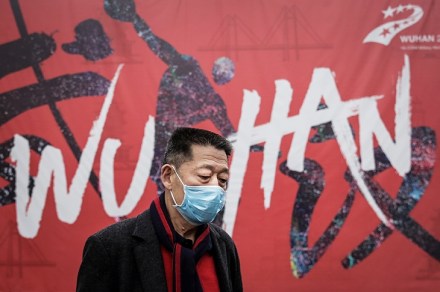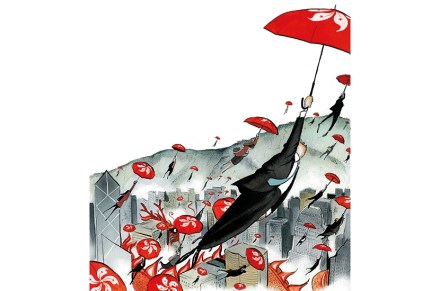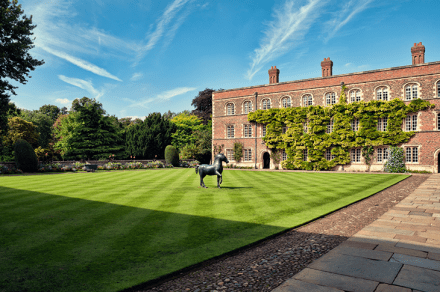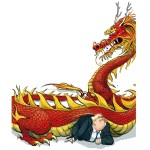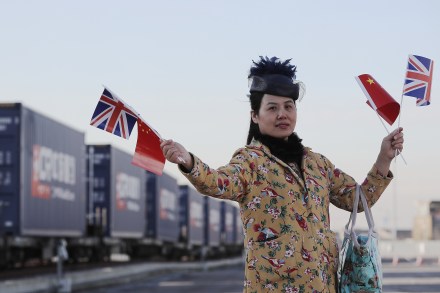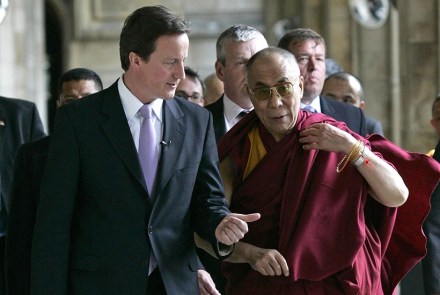The case for Chinese reparations
It is time we started to talk about reparations. I am not of course referring to the demands made by certain communities to be given vast cash payouts for things that happened before they were born, to people they never knew, by people they never met. I am talking about the need of the citizens of the world to be given reparations by China for what it did to us all this year. Before proceeding further, perhaps it is worth putting a few things in perspective. Delivering his spending review before the House of Commons last week, the Chancellor Rishi Sunak cited figures from the Office for Budget Responsibility explaining
